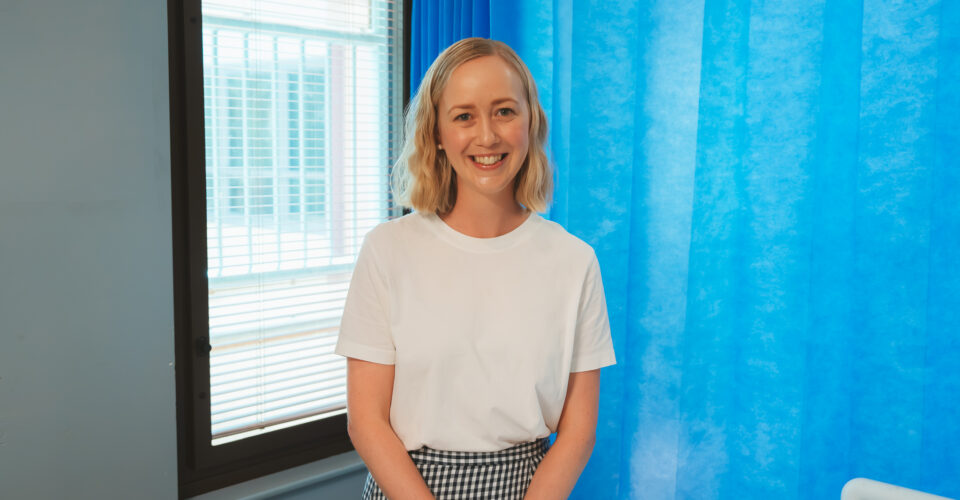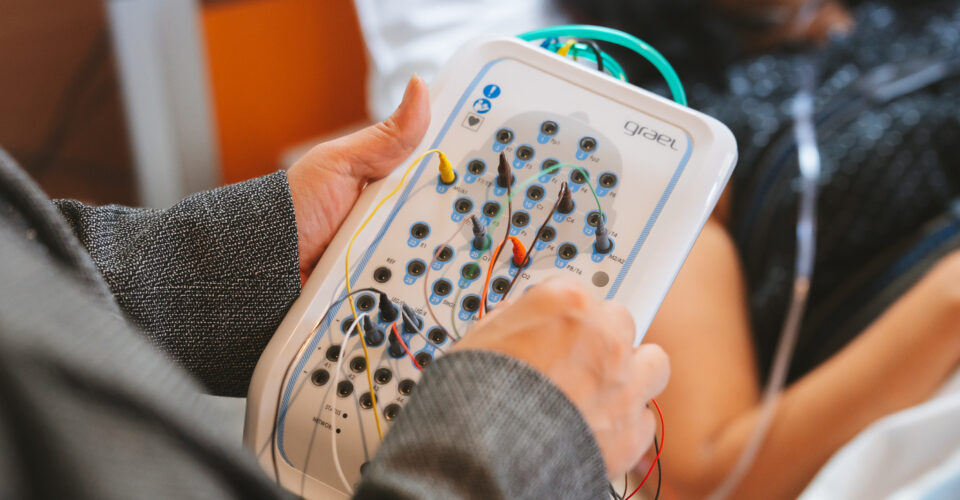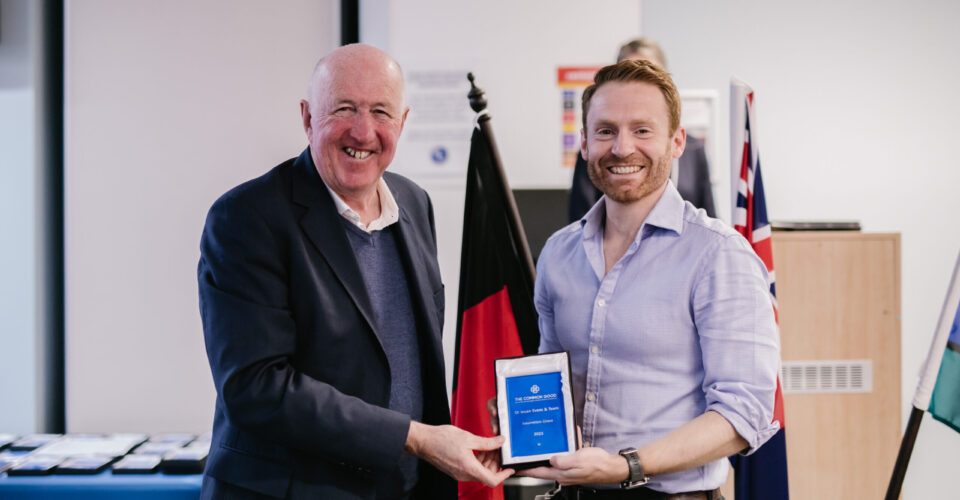Our lungs have an incredibly important function within our bodies and respiratory system – but many people will develop a lung disease during their lifetime that impacts the organs’ ability to carry out their role properly.
Along with the physical impacts of a lung condition, many describe the diagnosis as a lonely journey where they may feel isolated from family and friends and ostracized in public – especially those who require constant oxygen therapy.
In this blog, we will explain what lung disease is, discuss different types of lung disease, and we will also shed some light on common misconceptions about lung conditions.
About Lung Disease
An adult takes around 15 to 20 breaths every minute, and while a large proportion of people might not give this action a second thought, the lungs are working hard to deliver oxygen to our body and expel carbon dioxide.
When a person’s lungs are diseased, deteriorating or not functioning as they should, their health and quality of life are impaired. Their breathing may be laboured, and they may need oxygen assistance to carry out everyday tasks like climbing stairs or hills and getting dressed.
According to the Lung Foundation Australia, close to one in three Australians has a lung disease.
There are several types of lung disease, including those which affect lung tissue, lung circulation and the body’s airways.
- Lung tissue diseases: The lung lobes consist of sponge-like tissue, and some lung diseases cause this tissue to become inflamed or hardened, such as pulmonary fibrosis.
- Lung circulation diseases: These are diseases that impact the lungs’ blood vessels. Examples are Pulmonary Oedema (leakage of fluid from the vessels into the lung tissue) or Pulmonary Hypertension (high pressure in the lung’s blood vessels).
- Airway diseases: Airways, where the oxygen and other gases travel, can be affected by blockages or narrowing. Examples of airway diseases are asthma and Chronic Obstructive Pulmonary Disease (COPD).
Lung disease can develop in people of all ages and genders. In some cases, there is no known cause for a person’s lung disease, for example, those diagnosed with Idiopathic Pulmonary Fibrosis (IPF).
“IPF has many different potential drivers, and many of those are not directly patient-related. It’s a complex disease that’s related to genetic profile, sometimes family history, occupation, and in general, just being unlucky irrespective of your lifestyle. It is a disease that afflicts many people at random,” said Professor Peter Hopkins, Director of the Queensland Lung Transplant Service.
Some factors may increase a person’s risk of developing a lung disease, including:
- Those exposed to types of dust, chemicals, gas or fumes at work or elsewhere during their lifetime, such as at home or school,
- Past or present smokers,
- Genetic profile, and
- Those with a family history of lung disease.
Lung Disease Symptoms
Symptoms will vary from person to person and may depend on the type of disease and severity of it.
Examples of symptoms experienced by those with a lung disease include:
- Shortness of breath
- Frequent chest infections
- Cough
- Sudden and unexplained weight loss
- Fatigue
- Weakness
- Chest discomfort
Misconceptions about Lung disease
Some people believe lung disease only impacts smokers; however, IPF is a prime example of a chronic lung condition with no defined cause.
In addition, asthma is a common airway condition that has many different causes and affects around 11% of Australians, including children.
“Unfortunately, there are some lung diseases which are more common in smokers, like lung cancer and emphysema, and therefore all lung diseases can fall into the misconception that they are caused by smoking,” said Prof Hopkins.
“Indeed, some lung cancer and emphysema patients are lifelong non-smokers.”
As discussed above, coughing is a common symptom of lung disease. In recent years, the perception of coughing has changed due to the pandemic; namely, there’s a greater stigma associated with coughing in public.
“From my experience, historically, the most disabling symptom of a lung disease has been shortness of breath, yet now patients say coughing is their most troublesome symptom because it’s just such an unsocial thing to have now in a world of COVID and influenza and other viruses,” said Prof Hopkins.
Impacts of Lung Disease
Some patients with a lung disease describe it as a lonely and isolating diagnosis and journey.
“Those with low oxygen levels may become dependent on home oxygen, and that restricts their movement. They may feel reluctant to leave home because they can’t drag their oxygen bottle outside. Some of them do, but it takes a special person to do that because of the stigma and public attention that draws, so they tend to become a little bit more reclusive, more isolated, and then that feeds into mental health issues,” Professor Hopkins said.
Lung Disease Treatment
Treatments will differ depending on what type of lung disease you have been diagnosed with. Your health professional will work with you to find a treatment that’s right for you.
For example, some patients with lung tissue diseases may be prescribed anti-fibrotic medications, which aim to prevent more scarring of the tissue, to manage symptoms and slow the progression of the illness. Steroids may also be prescribed to reduce inflammation.
A patient may need a lung transplant, depending on the severity and prognosis of their disease.
“We spend most of our time trying not to transplant people because it is not a perfect science, and it’s not a passport to eternal life. Nonetheless, while transplant brings its own set of challenges and complications, survival after lung transplantation in Australia is among the best in the world. With the imbalance between organ donation and demand from those with lung failure, we exhaust all other alternative medical therapies before we offer a transplant,” Prof Hopkins said.
Research into Lung Diseases, supported by The Common Good
The Common Good helps to support many research projects relating to lung disease and its treatment.
You can read about the work carried out by the Queensland Lung Transplant Service Research Centre here.









